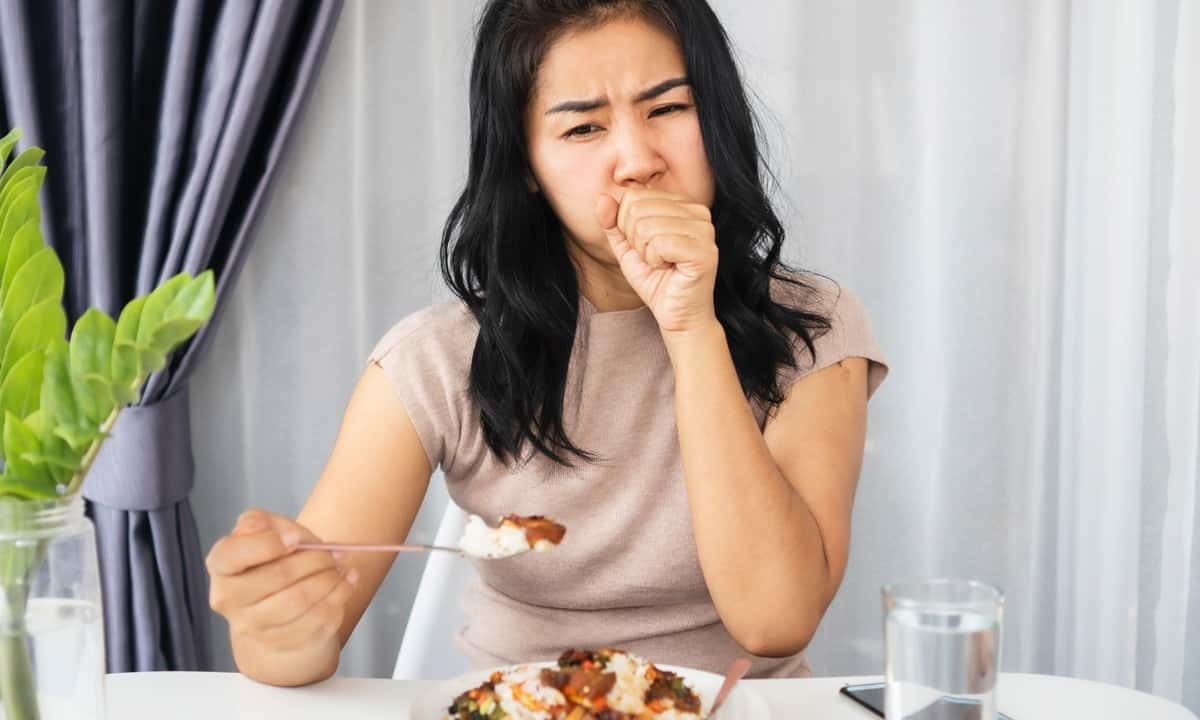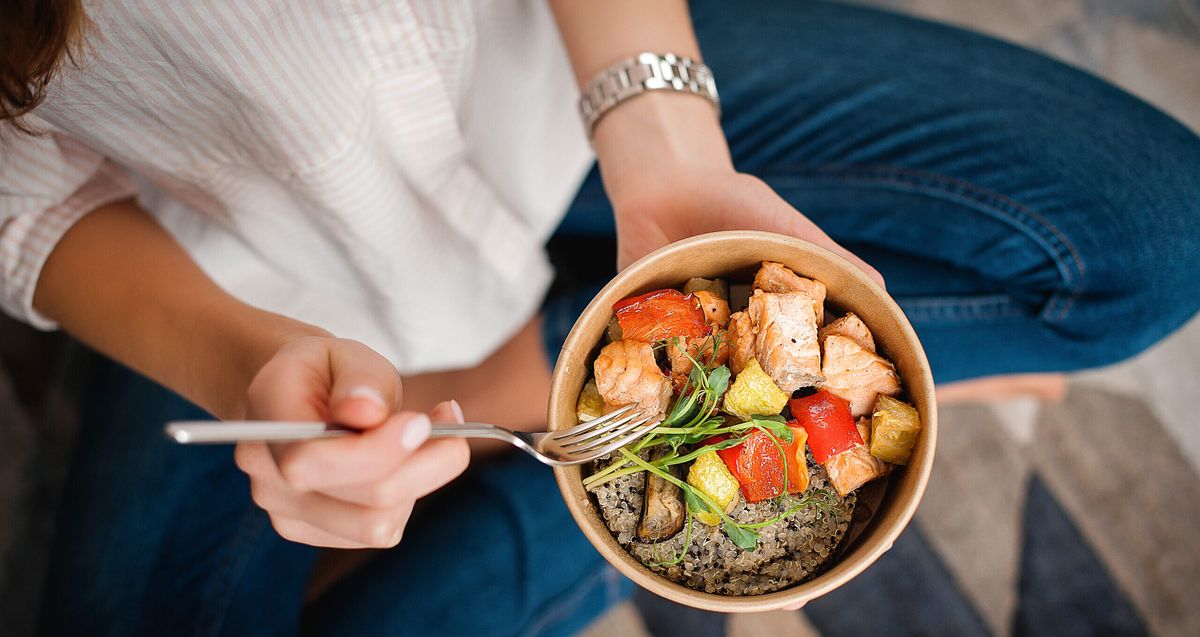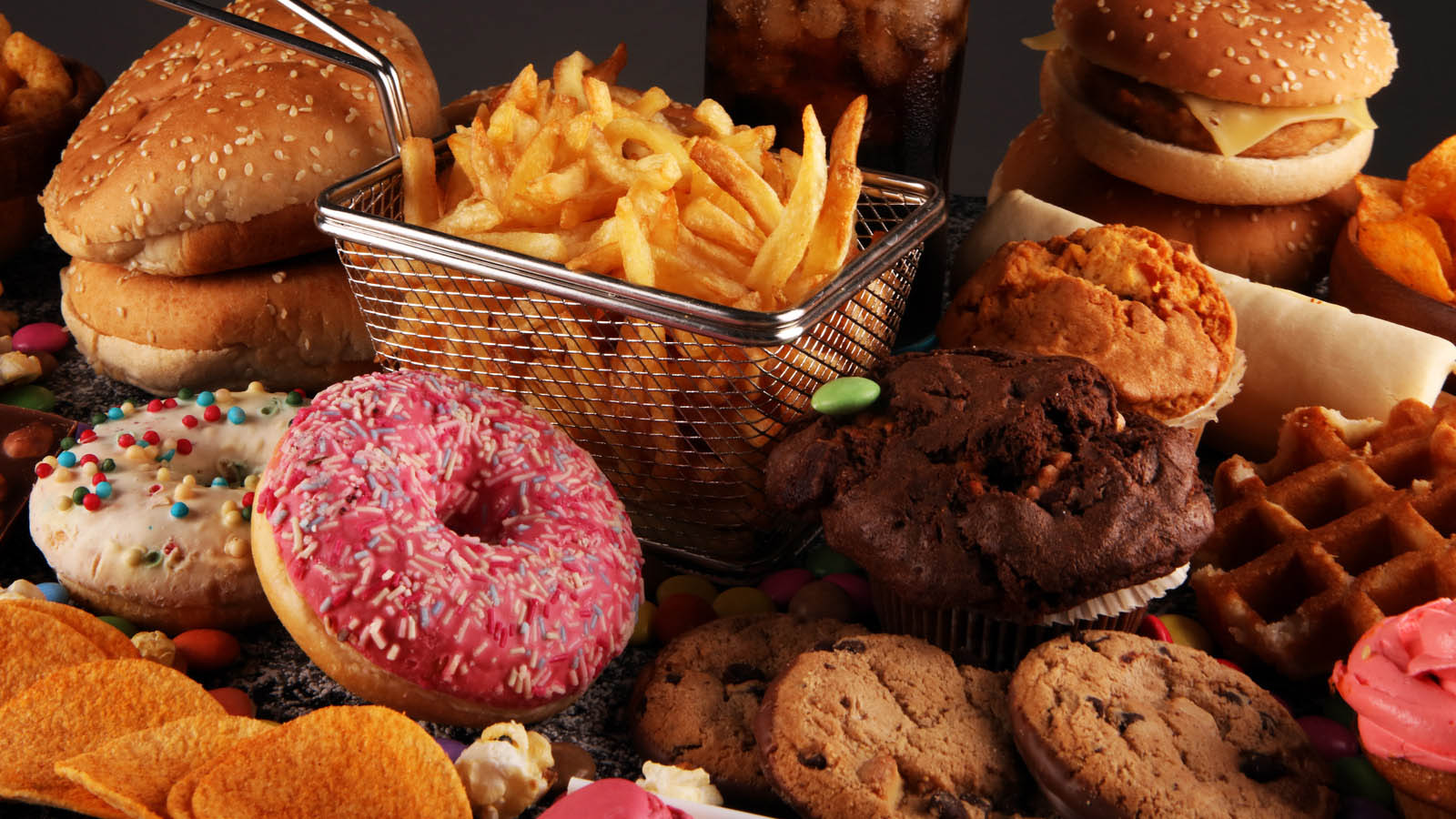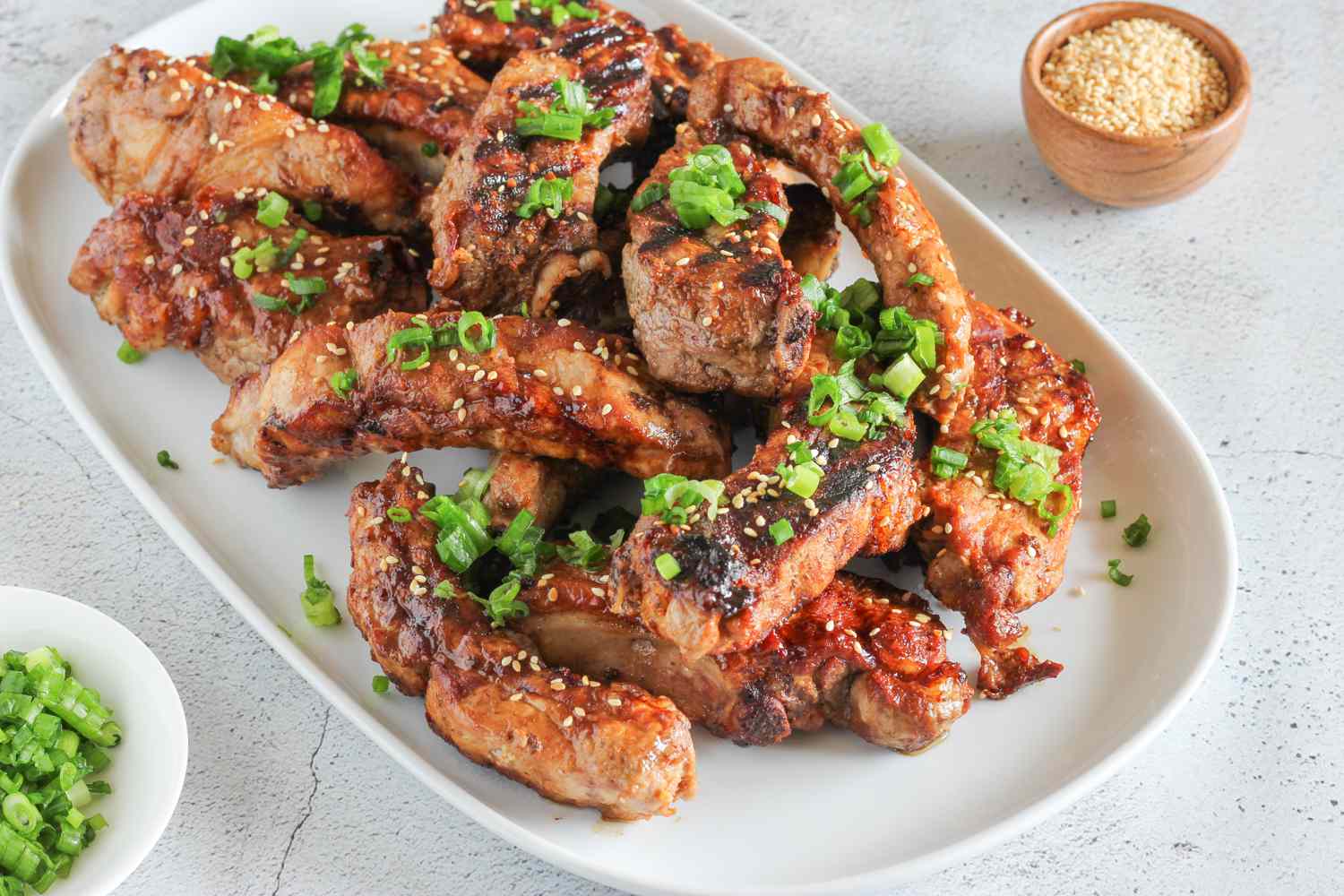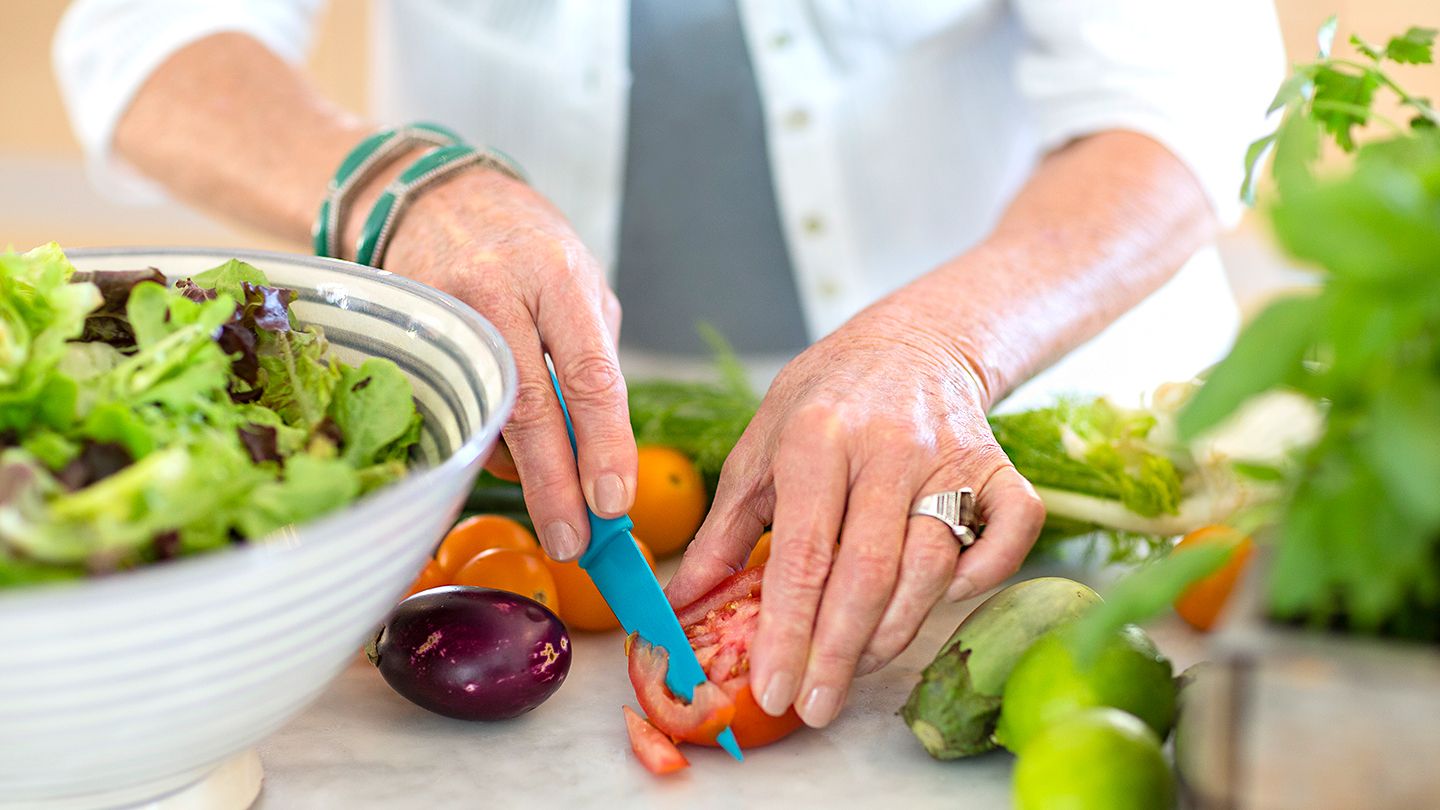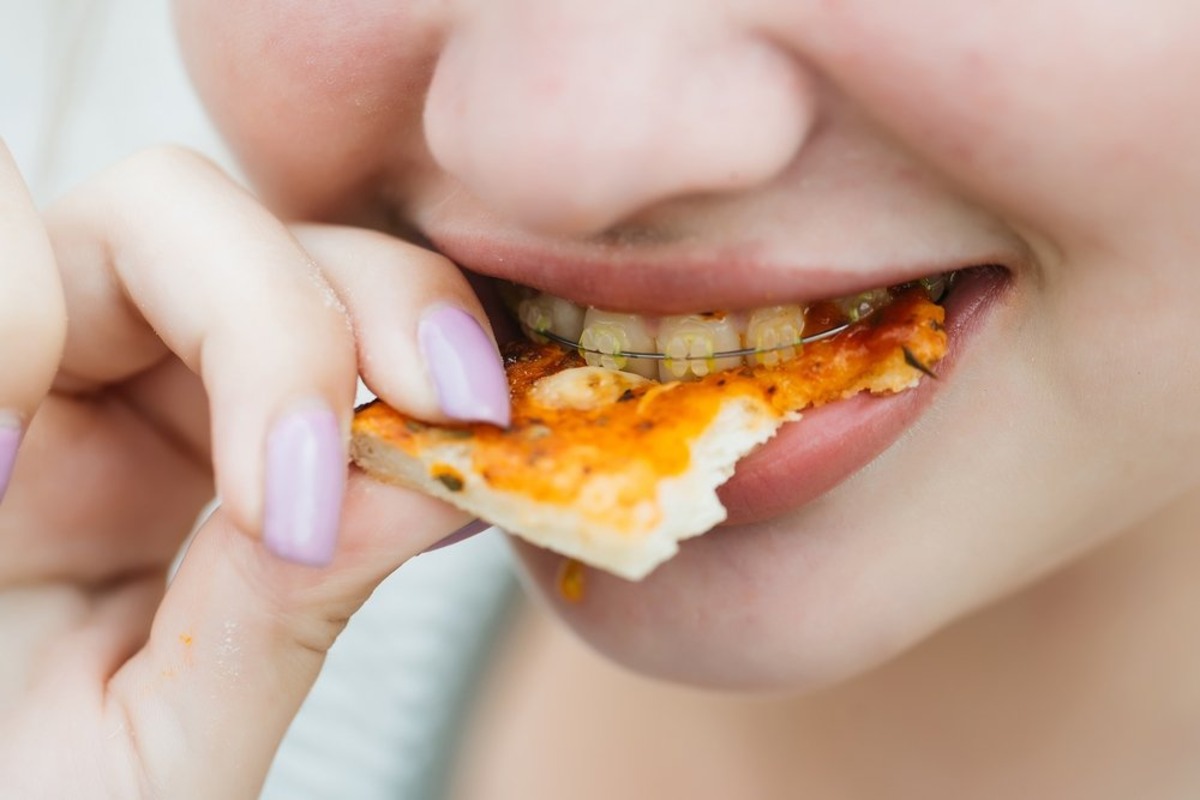Why Eating Food Slowly is Important
Eating slowly has numerous benefits for our health and well-being. When we eat too quickly, we tend to consume more food than our bodies actually need, leading to overeating and potential weight gain. Additionally, eating slowly allows us to savor and enjoy our food, leading to a more pleasurable dining experience. It also gives our bodies time to properly digest and absorb nutrients from the food we consume.
Tips for Eating Food More Slowly
Here are some practical tips to help you slow down and savor your meals:
- Chew Your Food Thoroughly: Take the time to chew each bite of food thoroughly before swallowing. This not only slows down the eating process but also aids in digestion.
- Put Down Your Utensils: After each bite, place your utensils down on the table. This simple action can help you become more mindful of your eating pace.
- Take Smaller Bites: Instead of taking large bites, opt for smaller, more manageable bites. This can help you pace yourself and prevent overeating.
- Engage Your Senses: Pay attention to the flavors, textures, and aromas of your food. Engaging your senses can enhance the eating experience and encourage you to eat more slowly.
- Set a Timer: If you find it challenging to eat slowly, consider setting a timer to remind yourself to take breaks between bites. Over time, this practice can help you develop a slower eating pace.
- Practice Mindful Eating: Be present and mindful during your meals. Avoid distractions such as television or electronic devices, and focus on the act of eating and enjoying your food.
The Benefits of Eating Slowly
By incorporating the habit of eating slowly into your daily routine, you can experience a range of benefits, including:
- Improved Digestion: Eating slowly allows your body to properly digest and absorb nutrients from the food you consume, reducing digestive discomfort.
- Weight Management: Eating slowly can help prevent overeating, leading to better portion control and potential weight management.
- Enhanced Enjoyment of Food: When you eat slowly, you can fully appreciate the flavors and textures of your meals, leading to a more enjoyable dining experience.
- Reduced Stress: Slowing down during meals can promote relaxation and reduce stress levels, contributing to overall well-being.
- Improved Awareness of Hunger and Fullness: Eating slowly allows you to tune in to your body’s hunger and fullness cues, helping you better understand when you are truly satisfied.
Conclusion
Learning to eat food more slowly is a simple yet powerful way to improve your relationship with food and enhance your overall well-being. By implementing the tips mentioned above and being mindful of your eating habits, you can enjoy the numerous benefits of savoring each meal at a leisurely pace.






